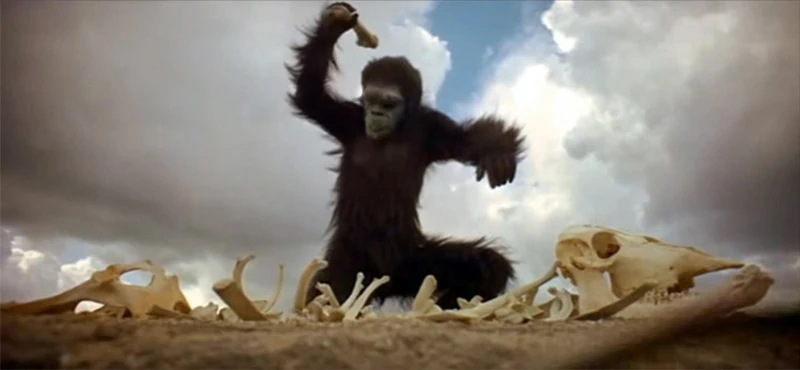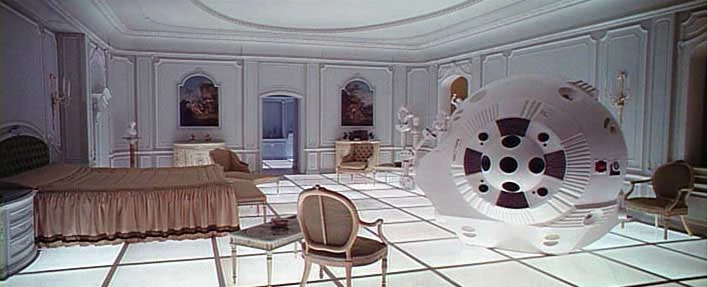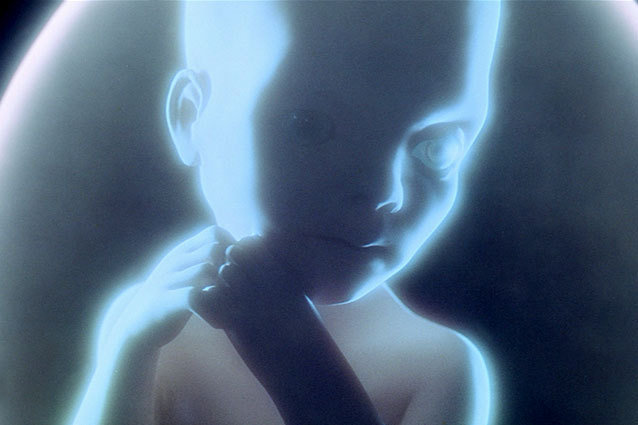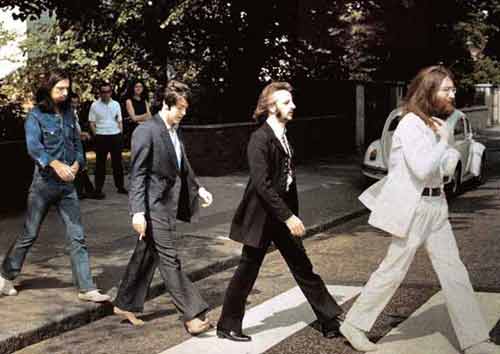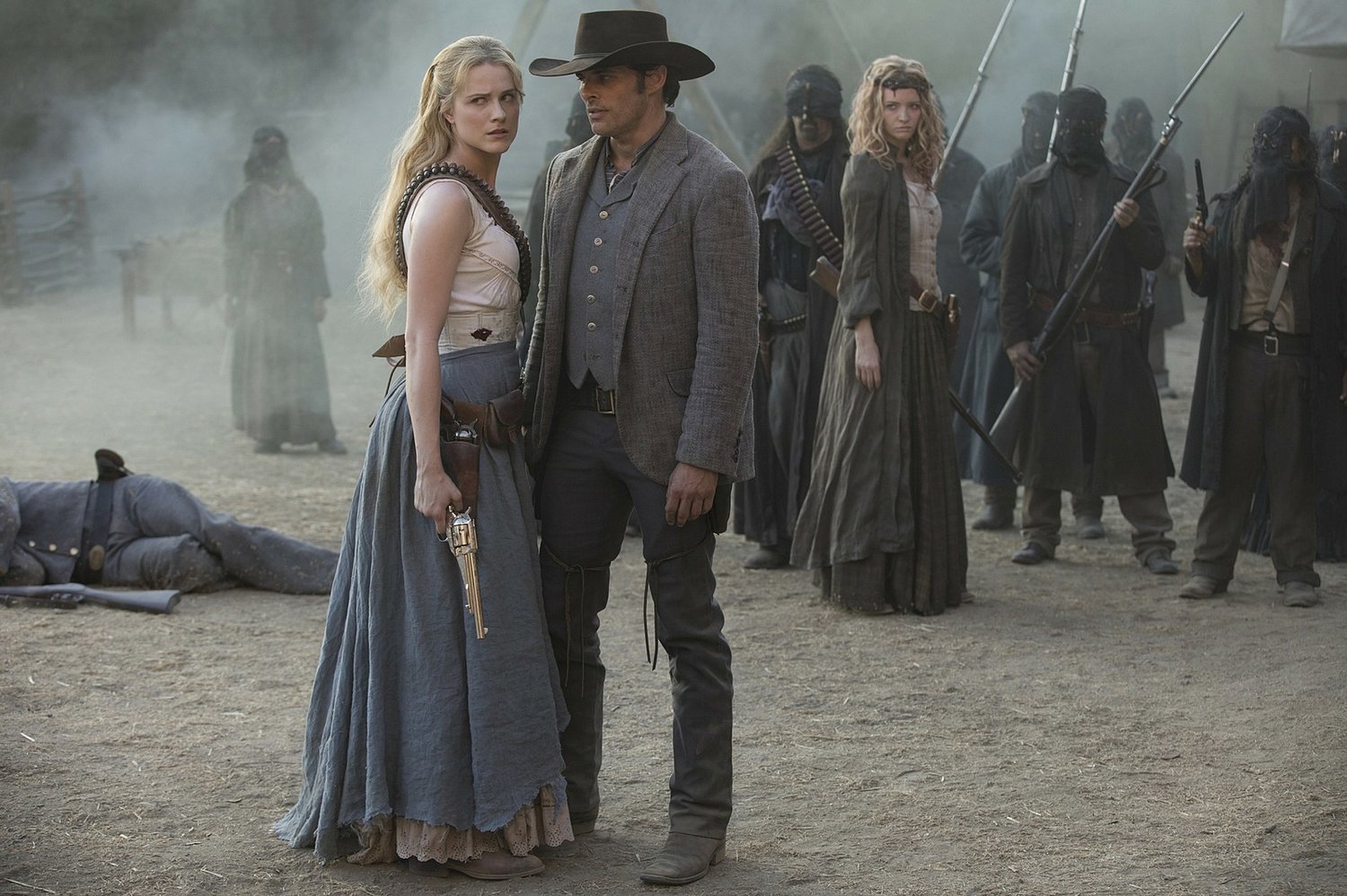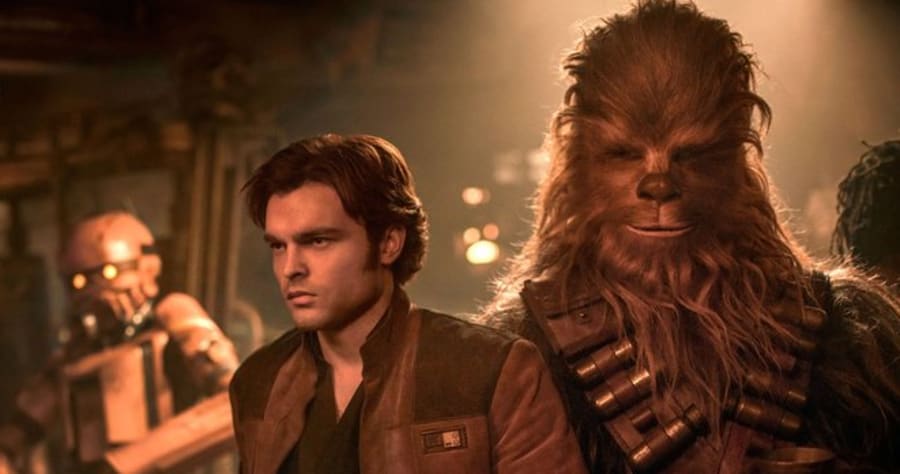Novel Idea
Zack Snyder has announced his next project will be an adaptation of Ayn Rand's The Fountainhead. Snyder, who hit it big with 300 over a decade ago, has since helmed a number of huge action films (Watchmen, Man Of Steel, Justice League) with questionable artistic success.
But maybe he can make something of The Fountainhead. Rand has not been well served by the movies. There was the stiff adaptation of The Fountainhead in 1949 and the hopeless low-budget, three-part adaptation of Atlas Shrugged earlier this decade.
The Fountainhead is the better of her two massive novels to turn into a movie. For one thing, though it's long, it's still considerably shorter than Atlas Shrugged. Second, the subject isn't dated--we still need architects while no one cares any more about trains. (Though the Atlas Shrugged idea of a secret society of superior people living in an area hidden from view did seem to play well in Black Panther.)
More important, the characters in The Fountainhead are, at times, almost human--Rand wrote oversized, romantic figures who never change and are given to speechifying, but occasionally in The Fountainhead there seem to be moments of recognizable emotion. And the story, though epic in scale, is manageable--there are five main characters and a clear arc for the hero. And some wild sex scenes.
Snyder has one big advantage over King Vidor, who directed the first Fountainhead--he doesn't have to follow Ayn Rand's script. Rand sold her novel with the guarantee she'd write the screenplay, and even as she telescoped some of the action, she stayed, predictably, too faithful to the source. And, of course, she demanded no changes be made. (Considering the novel is about a guy who blows up his creation because someone made changes, I'm sure Vidor took this clause very seriously.) Being given a free hand in creating the script could turn the book into a real movie.
It's intriguing how many Hollywood names have wanted to adapt Rand. You might figure she and her politics would be anathema in Tinsel Town--she wants government to be as small as possible, and believes people shouldn't be required to help anyone else. But then, Hollywood might actually appreciate these ideas (secretly), as it's a dog eat dog town where no one does any favors unless there's something in it for them.
And because Rand writes in a very romantic (if clunky) fashion, it's easy enough to ignore the politics and read her characters as superior beings who fight not to be held down by the prosaic types that clog their life. I wouldn't be surprised if a lot of stars and top directors see themselves that way.
Anyway, good luck to Snyder. Rand's book might not be great literature, but then, bad books often make the best movies.










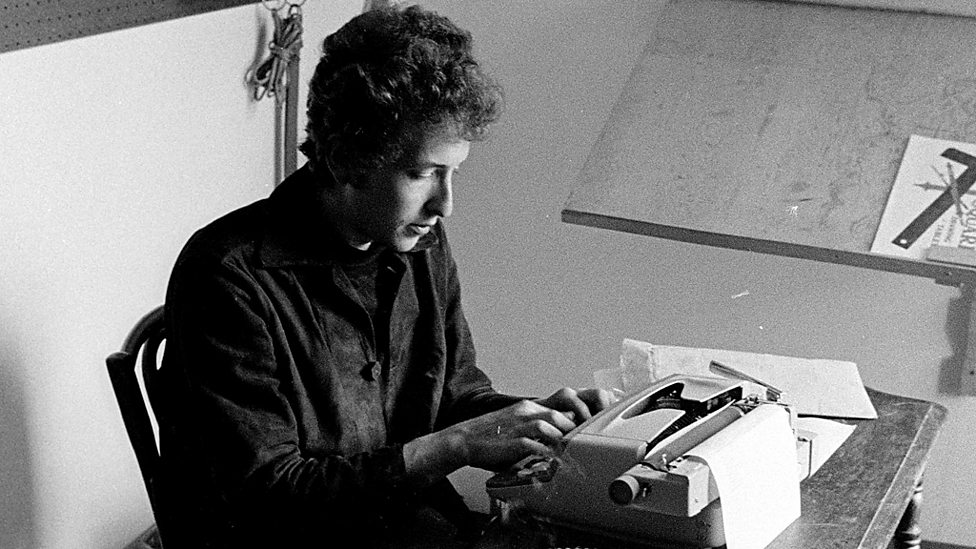
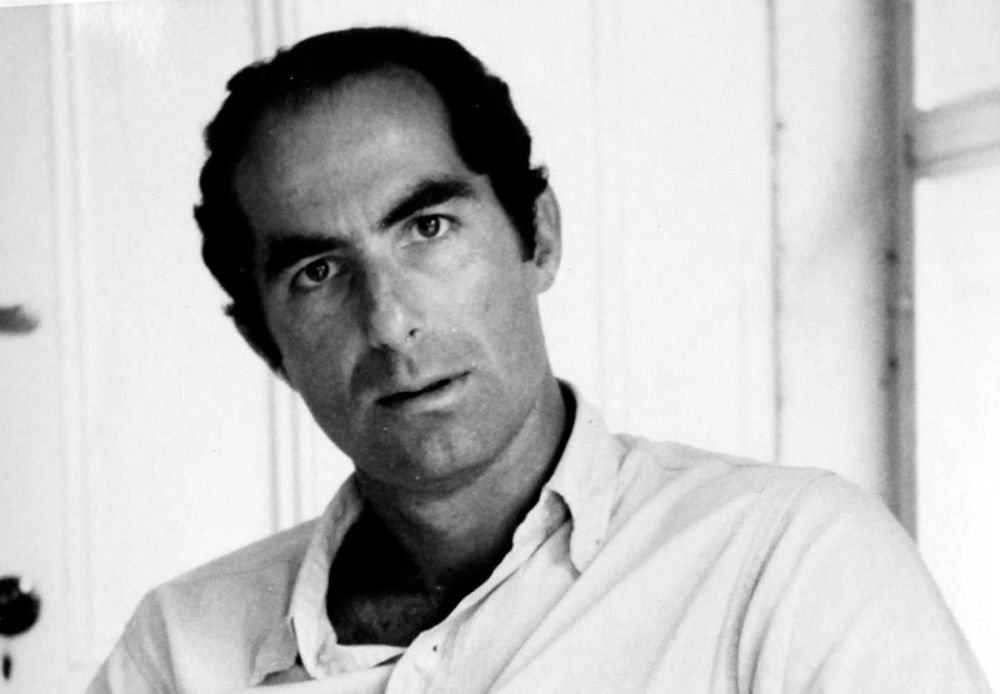
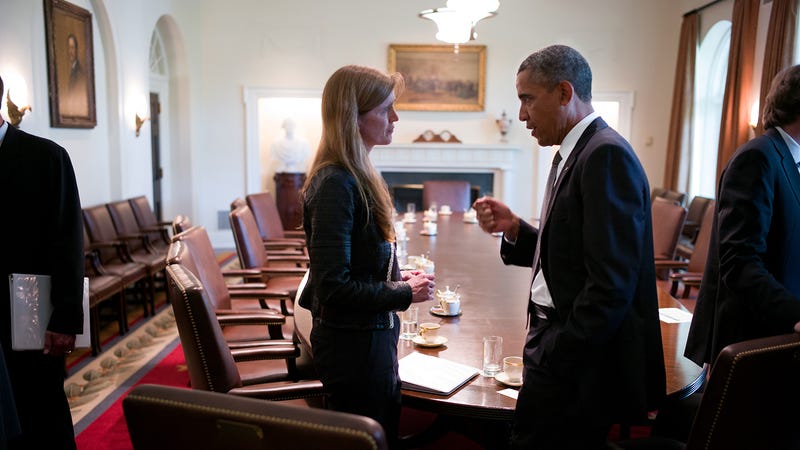




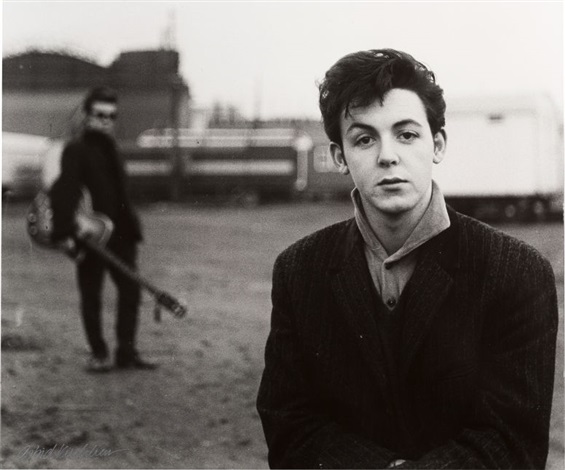


/cdn.vox-cdn.com/uploads/chorus_image/image/56399805/Tender_Greens_West_Hollywood_interior_Photo_Credit_Tender_Greens.0.jpeg)
